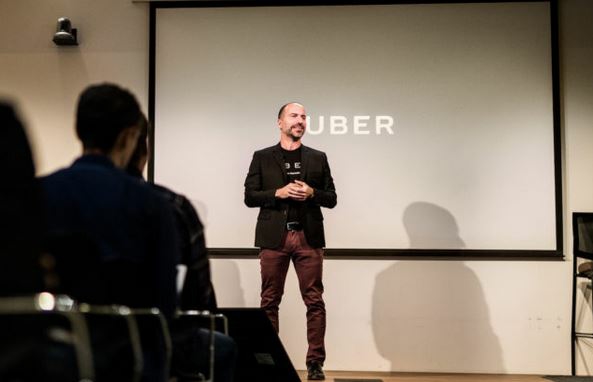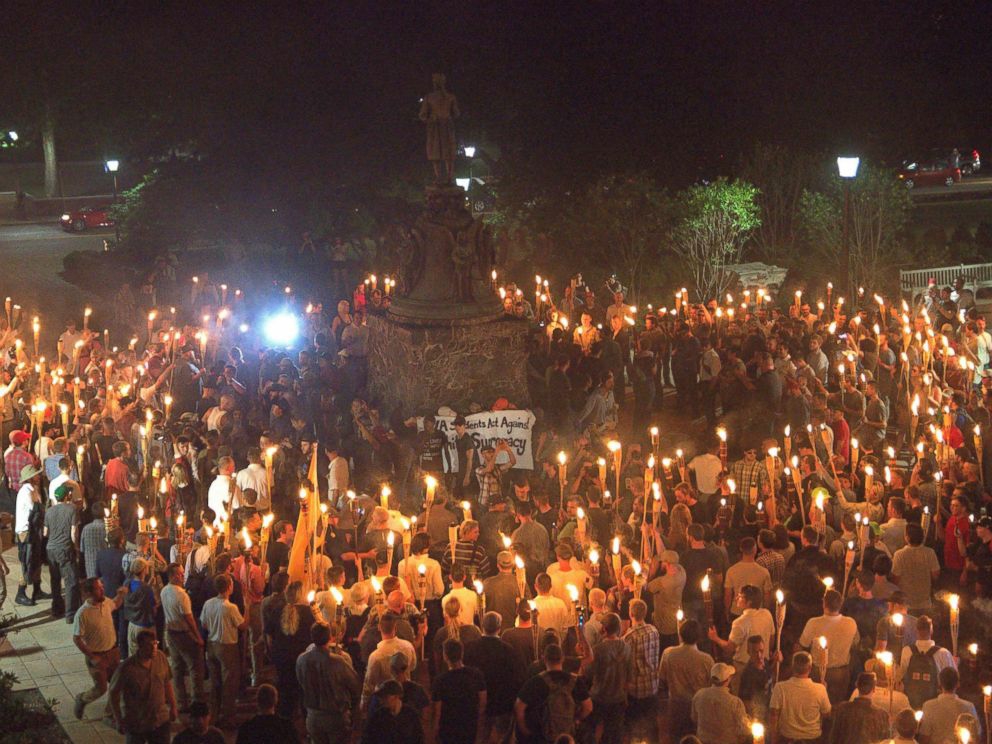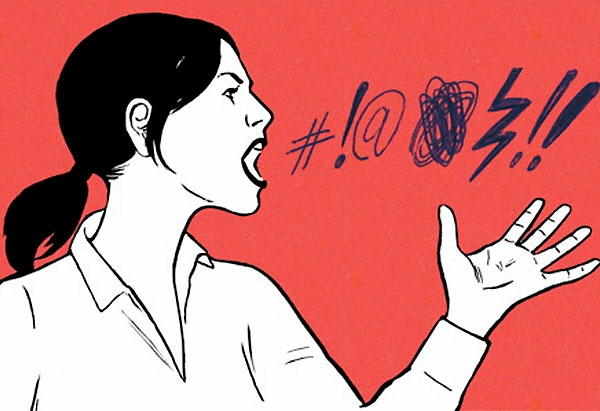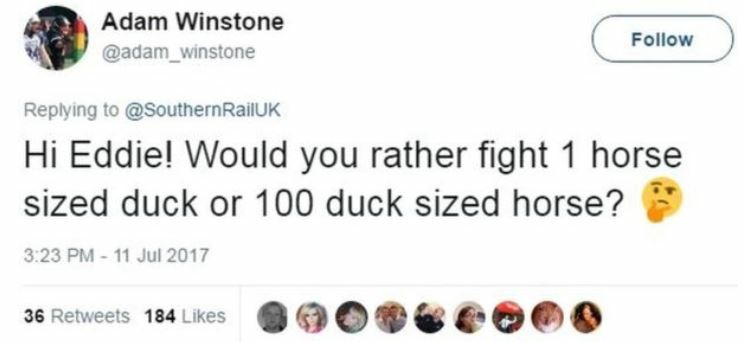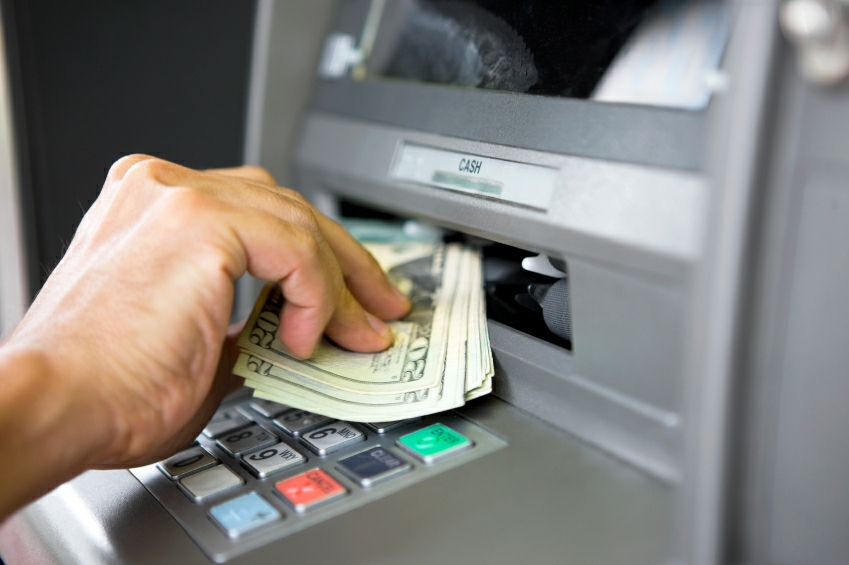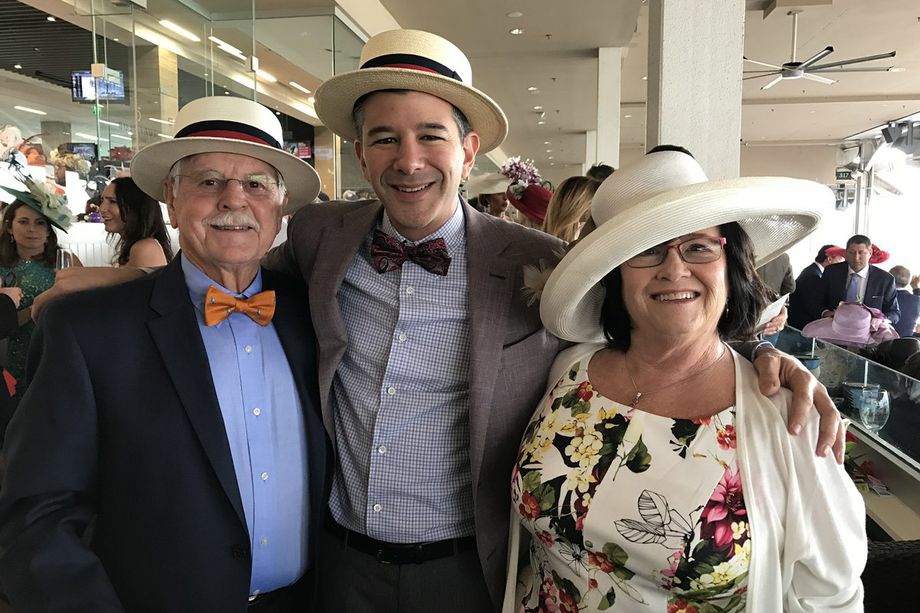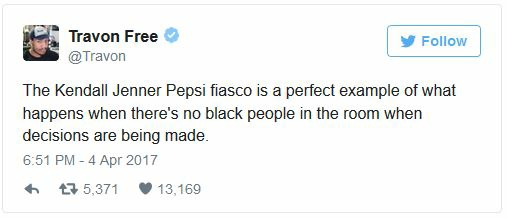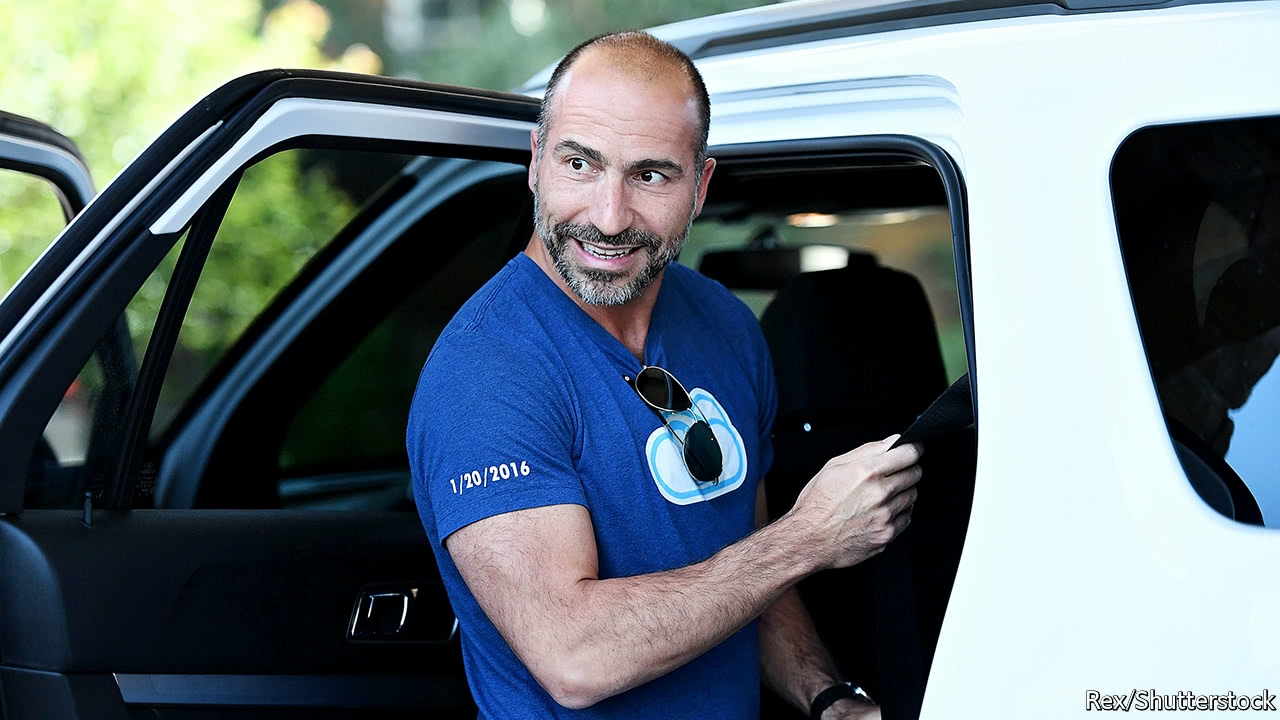 Dara Khosrowshahi, Uber's new CEO, talks about his emotions, and he's getting big points in the media. An Inc. article applauds his vulnerability in saying to Expedia colleagues, "I have to tell you I am scared." His final email to staff continues:
Dara Khosrowshahi, Uber's new CEO, talks about his emotions, and he's getting big points in the media. An Inc. article applauds his vulnerability in saying to Expedia colleagues, "I have to tell you I am scared." His final email to staff continues:
I've been here at Expedia for so long that I've forgotten what life is like outside this place. But the times of greatest learning for me have been when I've been through big changes, or taken on new roles--you have to move out of your comfort zone and develop muscles that you didn't know you had.
Uber has been promoting Khosrowshahi's human side, a smart strategy to humanize the company after months of scandals under founder Travis Kalanick. In the board's email to employees, they started with the story of Khosrowshahi's immigration:
Team,
We are delighted to announce that Uber's Board has voted unanimously to appoint Dara Khosrowshahi to be our new CEO.
Dara came to America at nine years old when his family escaped Iran on the eve of the Iranian Revolution. He grew up in Tarrytown, N.Y., trained as an engineer at Brown, and spent many years at IAC serving as Chief Financial Officer and in various operational and strategic roles.
In 2005, he became CEO of Expedia, which he built into one of the world's leading travel and technology companies, now operating in more than 60 countries. He has four children and not surprisingly loves to travel, one of his favorite trips being to the Angkor Wat temples in Cambodia where his wife Sydney said yes to marrying him.
We're really fortunate to gain a leader with Dara's experience, talent and vision. The Board and the Executive Leadership Team are confident that Dara is the best person to lead Uber into the future building world-class products, transforming cities, and adding value to the lives of drivers and riders around the world while continuously improving our culture and making Uber the best place to work.
Dara will be joining us tomorrow, August 30, for an All Hands. Add your questions for Dara here, and stay tuned for a calendar invite with more details. He'll also be meeting with employees around the world in smaller groups over the next few weeks, and spending time with drivers.
Please join us in welcoming Dara on what promises to be an exciting ride!
-Yasir, Garrett, Matt, Ryan, Arianna, Travis, Wan Ling & David
For his part, Khosrowshahi introduced himself to staff as a fighter and a "no-B.S." leader:
"First, I am going to be totally transparent with you. I am not going to B.S. you. The thing that I've found in life and in management is that the higher up you get in an organization, the less you really know about what's going on. Because people start holding back, and they are afraid to tell you what's going on. The only way that I've seen to combat that is to be absolutely honest with you and to be completely straight and authentic with you. Hopefully that will allow me to deserve the same right back from you. I'm not going to B.S. you and I will ask you not to B.S. me.
Second, I'm a fighter. I'll fight with you. I don't like war metaphors, it's kind of a male metaphor, but we're in a battle here and I think everybody knows it. Just know that I'm here, I made the decision, I am all in and I'm going to fight for you with everything in my body. I hope you'll join me in that battle.
And last, I will know that I've succeeded here if everybody in this room and who is watching all over the world knows they can contribute to the success of Uber in their own way. Everyone's different, everyone has their own skillsets-if you're numerative or have a higher EQ, if you're here in the US or in a global office, if you're a dev, if you're in marketing, if you're in PR, or ops or regardless of your gender or your beliefs-everyone is going to participate and contribute in their own way. And if everyone feels like they can and they can be themselves but they can also be Uber, then I know I've succeeded. That's my goal."
The line about "B.S." makes me wonder: what's the alternative? I have a similar reaction when people say, "I'll be honest with you." Why would I assume anything else?
Image source.
Discussion:
- How well do you think Khosrowshahi and how he's positioned will humanize the Uber brand? What else, if anything, can the company do at this point?
- To what extent do you agree with my skepticism about his promise for no "B.S."?
- To what extent do you agree with the Inc. writer's conclusion about Khosrowshahi's vulnerability?
- Khosrowshahi's last point in his talk with employees is about authenticity, being yourself at work. How do you think employees would react to his statement?
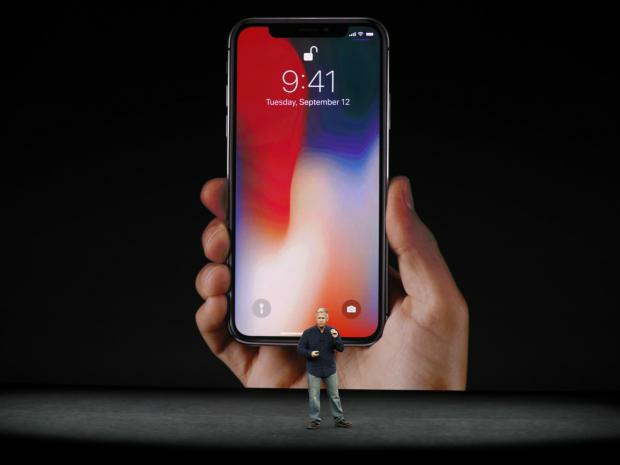 During Apple's big presentation to unveil and show features of the iPhone X, the Face ID program didn't work.
During Apple's big presentation to unveil and show features of the iPhone X, the Face ID program didn't work.

